Usage based billing (UBB), also referred to as pay as you go, pay-per-unit, or metered pricing, amongst others, is a billing model used across a variety of industries that charges users based on what they actually use instead of a fixed rate that is the same for everyone. This billing approach is common for services where usage can vary widely, and the approach is increasingly common especially as software-as-a-service continues its popularity with customers.
Of course, there are always those who believe they have a better way for a business to operate, and for some of those people UBB is just not acceptable. They envision an online world where everyone pays the same no matter what they are doing online. Someone who only needs access to read and send email would be charged the same as the upstart crypto miner down the block; the person only reading restaurant reviews on Saturday would pay the same as 24/7 high-definition graphics game player.
Imagine purchasing electricity this way. Your 1,200 square foot house only cooled to 74 degrees in August would cost the same as the 10,000 square foot, 64-degree house down the road. How about paying the same to take an Uber to the grocery store while your neighbor takes one across the country and you both pay the same rate? This system works for no one, except maybe the regulators. Regulators, and legislators, are often so eager to require that certain industries operate in a manner they imagine is most beneficial that they forget the damage they do to consumers and innovation.
Innovation takes many forms. Most obvious, perhaps, is the new gadget, but services, operations and billing practices all result in greater benefits for consumers when those functions also are infused with innovation.
Government forcing internet service providers, or any business, to sell their product or service at a fixed price rather than a pricing system that works for them and their customers is just run of the mill price controls. Those who claim that ending the option to offer usage based billing protects consumers ignore the practice’s wide use throughout our economy. Even worse, they ignore the economic damage that their arbitrary restriction would visit upon most consumers, especially those who use internet access less than average.
So, who are those who have internet access but use it less than others? To answer in the reverse, according to Pew Research, urban residents under 50 years old are the heaviest users and often report that they are “always on.” Suburban users less so and rural users even less. Those 65 years old and older also use the internet less. These then are the biggest losers in this government regulatory scheme — suburban and rural retirees.
The pursuit of one price fits all also signals a deep and disturbing misunderstanding of how an internet service provider operates. Despite some politician’s stated understanding, the internet is not “a series of tubes.” Delivering access to broadband is not akin to delivering water to a home. Rather, the demand on the network, and hence the costs, are dynamic.
Networks are in an almost constant state of expansion and improvement as consumers demand faster, better and further reaching systems. UBB meets this reality by allowing providers to change their pricing as offerings, conditions and consumer demand warrants. Individuals win as services meet the moment.
Regulators may have a role to play but that role is not to curtail innovation and most certainly is not to harm consumers. If they have their way and end UBB for service providers, the losers will not just be those forced to pay higher prices for less but the American innovation landscape broadly.

When the Fix Is In, Patients Lose
Last year, many statehouses across the country looked to address a growing consumer issue broadly known as “right to repair.” Now with legislative sessions kicking off in more than 40 states across the country, this policy looks like it will continue to stay at the...
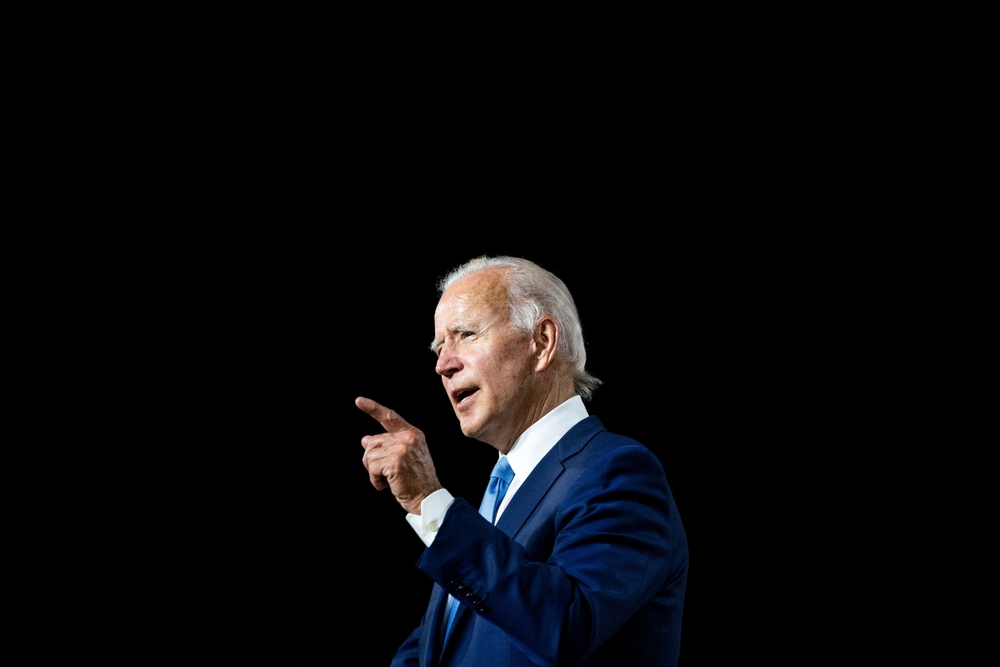
CLELAND: The Biden Admin’s Latest Micromanagement Project? Your Online Subscriptions
The Federal Trade Commission is fast becoming a living case study in ideological overreach. Undaunted by a string of embarrassing court losses and plummeting morale among career staffers, the agency keeps grasping at the most slender reeds of legal theories and...
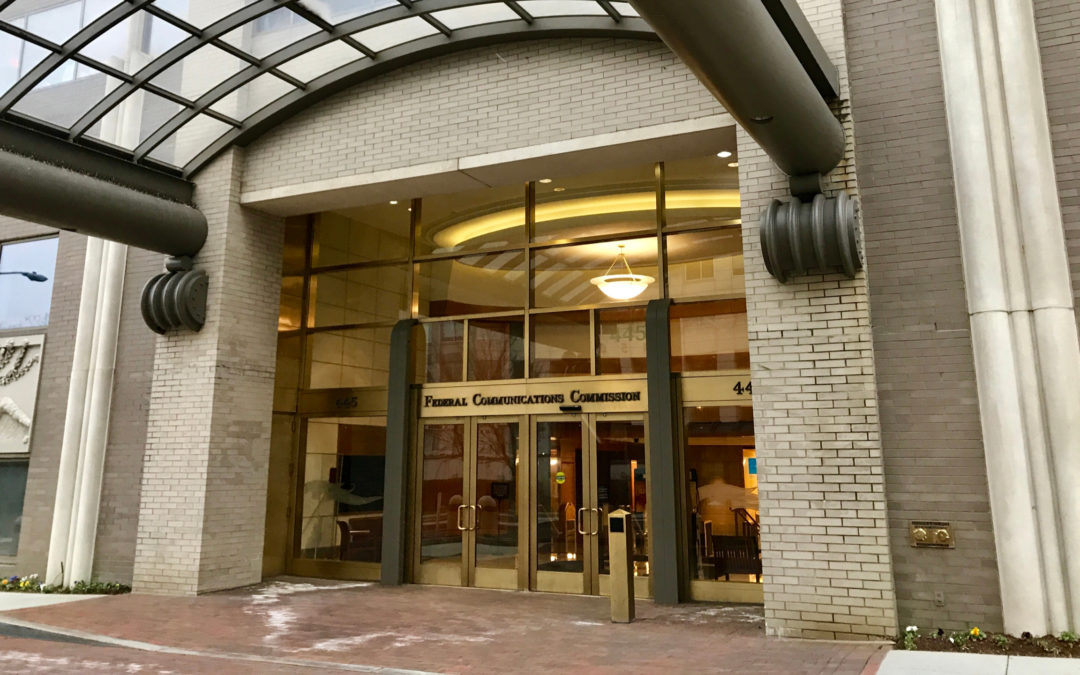
IEA Public Comments to FCC on Matter of Safeguarding and Securing the Open Internet
Read IEAs comments to the FCC here
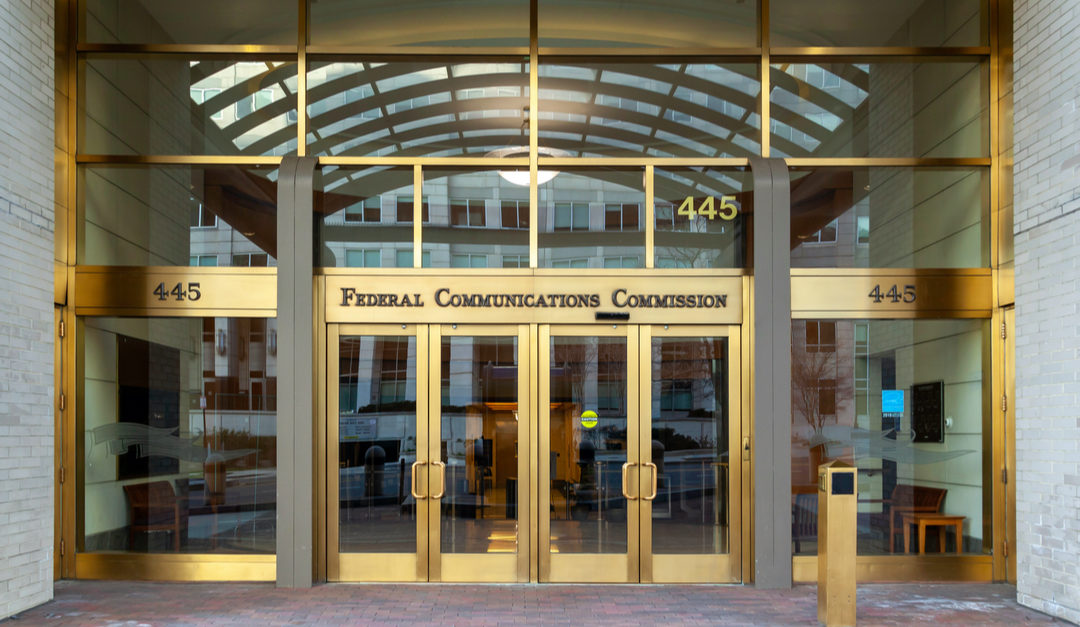
IEA Signs Coalition Letter to FCC Opposing Digital Discrimination
Click Here to Read the Digital Discrimination Coalition Letter
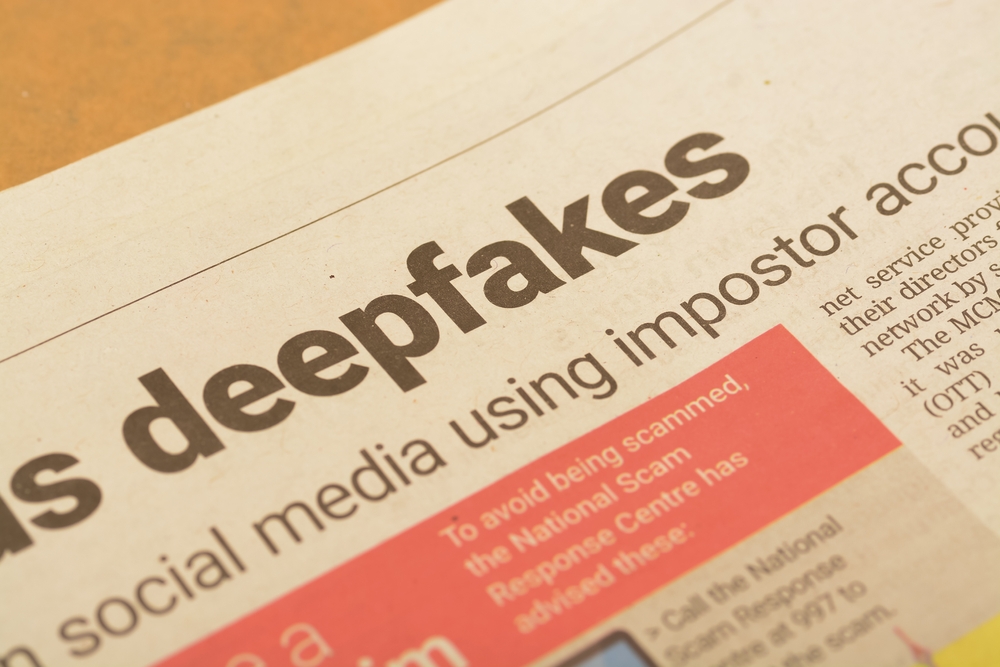
IEA Signs Coalition Letter Opposing the NO FAKES Act
Click here to read the NO FAKES Act Coalition Letter
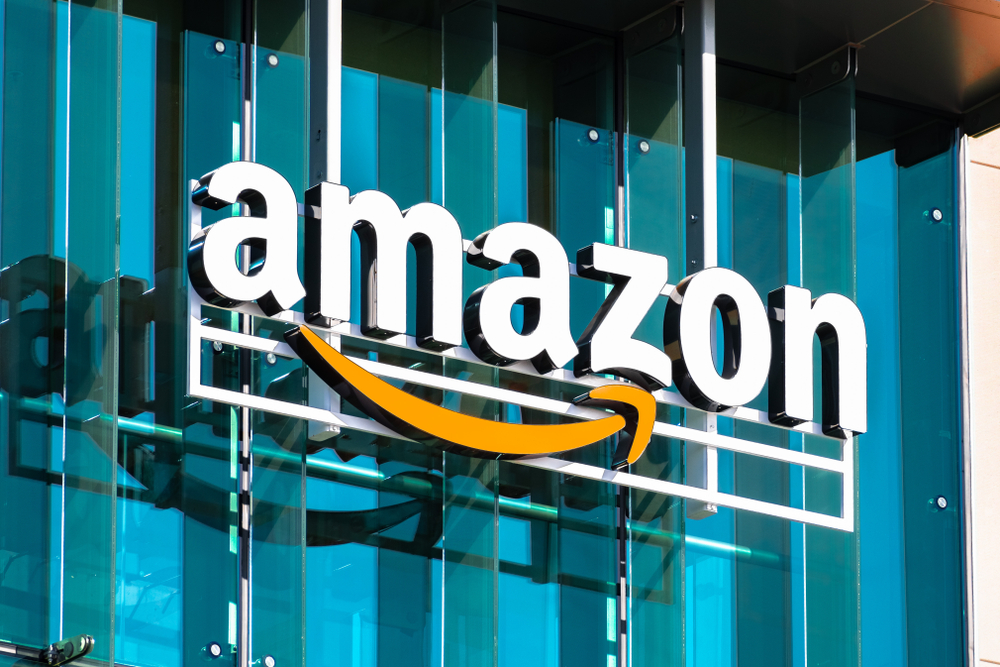
What a Web AG Bonta Weaves
With good reason, we are encouraged to understand history, but for some, perhaps, the temptation to repeat past mistakes is just too great. The ancient Greek philosopher Plato described sophists, paid philosophers often involved in public works, as those who twisted...

Technology Can Save Kids’ Lives in Texas
The Texas foster care system is infamous for failing its wards. The system is so flawed that in 2015 it was found in violation of the 14th Amendment, which guarantees the right for people to be free from an unreasonable risk of harm while in government custody. The...

Canadian Troll Patent Suits Could Upend U.S. Connectivity
Air pollution from Canadian wildfires is just one of the problems we face from our neighbor to the north. A Canadian company weaponizing intellectual property rights could do major damage to the U.S. tech sector. Bell Northern Research has been around since the 1970s,...

In fantasy sports the players on the field aren’t the only skilled players
Fantasy sports is an industry that’s growing like almost no other. It’s estimated to be a $28 billion market in 2023 and set to grow to more than $50 billion by 2028. Nearly 20% of Americans age 18+ participate in fantasy sports. 20%! As with all growing industries,...

IEA Signs Coalition Letter on Inflation Reduction Act Prescription Drug Price Controls
Dear Members of Congress, When the Inflation Reduction Act was passed and signed into law a year ago, the legislation granted the federal government broad power to set and control the price of certain prescription drugs through a new Medicare price negotiation program...

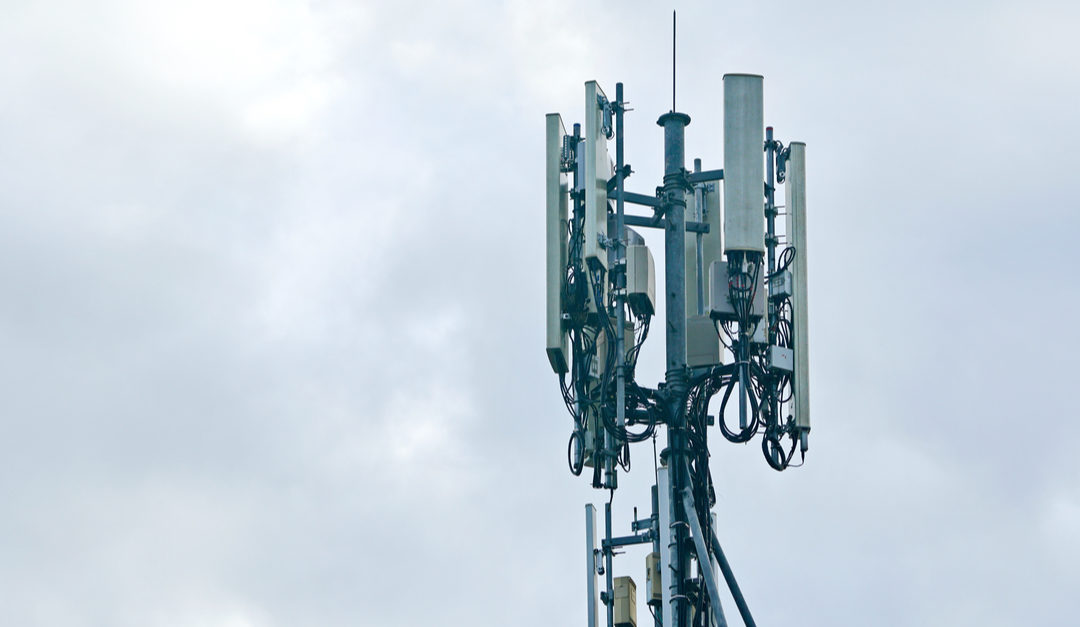
Recent Comments